Introduction
Permit management plays a crucial role in the material handling industry. It ensures that all necessary permits and licenses are obtained and maintained to comply with legal requirements and safety regulations. In this blog post, we will explore the importance of permit management in the material handling industry and discuss the key considerations for effective permit management.
The Importance of Permit Management
Effective permit management is essential for the smooth operation of material handling activities. It helps to ensure compliance with local, state, and federal regulations, which are designed to protect the safety of workers and the environment. By obtaining and maintaining the necessary permits, material handling companies can avoid costly fines, legal issues, and reputational damage.
Permit management also helps to streamline operations and improve efficiency. By having a clear understanding of the permits required for specific tasks or equipment, companies can plan and schedule their activities more effectively. This reduces delays and minimizes the risk of unforeseen disruptions.
Key Considerations for Effective Permit Management
1. Identify Applicable Permits: The first step in effective permit management is to identify the permits that are required for different material handling activities. This may include permits for equipment operation, hazardous materials handling, noise control, and environmental compliance. Conduct a thorough assessment of your operations to determine the specific permits needed.
2. Stay Up-to-Date with Regulations: Regulations governing permits can change over time. It is crucial to stay informed about any updates or changes in the requirements. Regularly review relevant regulations and consult with regulatory agencies or industry associations to ensure compliance.
3. Develop a Permit Management System: Implement a comprehensive permit management system to keep track of permits, their expiration dates, and renewal requirements. This can be done through a dedicated software solution or a manual tracking system. The system should include reminders for permit renewals and provide easy access to permit documentation.
4. Train Employees: Ensure that all employees involved in material handling activities are aware of the permit requirements and understand their responsibilities. Provide training on permit management, including the importance of compliance, proper documentation, and reporting procedures.
5. Maintain Documentation: Keep all permit-related documentation organized and easily accessible. This includes permits, renewal notices, inspection reports, and any other relevant documents. Proper documentation is crucial for demonstrating compliance during audits or inspections.
6. Regular Audits and Inspections: Conduct regular audits and inspections to ensure that all permits are up to date and that material handling activities are being carried out in compliance with regulations. This helps to identify any potential issues or areas for improvement.
Conclusion
Effective permit management is vital for the material handling industry to ensure compliance with regulations, protect the safety of workers, and avoid legal and financial consequences. By identifying applicable permits, staying up-to-date with regulations, implementing a permit management system, training employees, maintaining documentation, and conducting regular audits, material handling companies can streamline their operations and maintain a strong culture of compliance.
